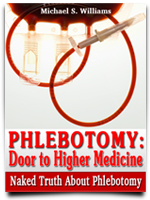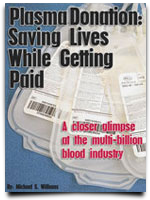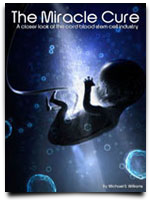It’s confirmed that the umbilical cord of a newborn is filled with stem cells that cures malignant diseases such as cancers, blood disorders, immune disorders, metabolic disorders, brain injury. cerebral palsy, type-1 diabetes and hearing loss. The question that left to the mind of various medical experts is: When is the right time to clamp the cord?
Paul Sanberg, MD is the director of University of South Florida Center of Excellence for Aging & Brain Repair and this is what he wrote in his research.
“Several clinical studies have shown that delaying clamping the umbilical cord not only allows more blood to be transferred but helps prevent anemia as well. Cord blood also contains many valuable stem cells, making this transfer of stem cells a process that might be considered ‘the original stem cell transplant’.”
Dr. Dong-Hyuk Park, co-author of Sanders, pointed out the significant relationship between the time of cord clamping and the transfer of stem cells. Park stated the blood cells are starting to form as early as the mother is declared two-week-pregnant.
“Several randomized, controlled trials, systematic reviews and meta-analyses have compared the effects of late versus early cord clamping. In pre-term infants, delaying clamping the cord for at least 30 seconds reduced incidences of intraventricular hemorrhage, late on-set sepsis, anemia, and decreased the need for blood transfusions.”
As one of the researchers of the study lead by Sanders, Stephen Klasko, MD said.“There remains no consensus among scientists and clinicians on cord clamping and proper cord blood collection. The most important thing is to avoid losing valuable stems cells during and just after delivery.”
Klasko is an obstetrician, senior vice president of USF Health and dean of USF College of Medicine.
Conclusions were made by these researchers and they all agreed the clamping procedure should be delayed to benefit the newborn’s health needs and there will be no visible problem once the cord is stored.
Source: Science Daily





Cord Blood Banking Facebook
Blood Donation Twitter